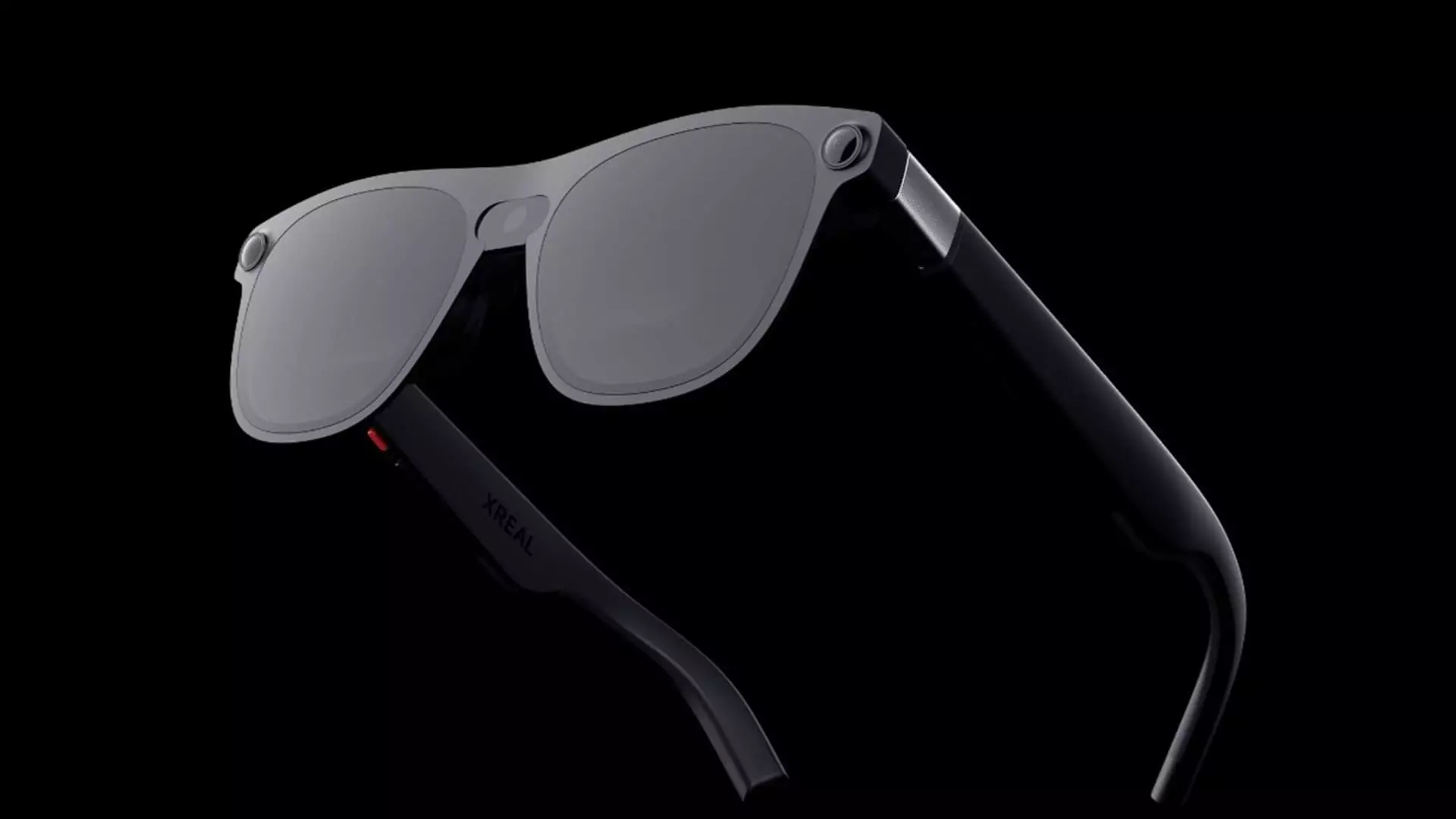In a bold and transformative move, Xreal has unveiled its extended reality (XR) glasses, dubbed Project Aura. This launch signals a significant turn in the fight for dominance in the world of virtual and augmented reality, where tech giants like Meta and Apple have exerted considerable influence. What makes this announcement particularly riveting is not just the launch itself, but also the powerful backing of Google, whose Android XR software is intended to carve out a substantial niche in a burgeoning market that teeters on the brink of becoming mainstream. This is no less than a critical moment in technological history, as the war for XR supremacy heats up.
Lightweight Innovation Meets Operational Framework
Xreal’s XR glasses promise to be a lightweight addition to the realm of augmented reality devices, differing from the cumbersome headsets that temporarily rule this sector. By relying on Qualcomm’s Snapdragon XR chips, which are designed specifically for such technologies, Project Aura positions itself as an accessible yet advanced option in the competitive landscape. Unlike their competitors, Xreal’s glasses will be tethered, implying they need to be connected to another device to function properly. This decision might reflect a calculated approach, prioritizing performance and seamless user experience over stand-alone autonomy, a feature that consumers have come to associate with premium devices.
The Android XR Ecosystem: Towering Ambitions
The partnership between Xreal and Google accentuates the latter’s ambition to populate the XR marketplace similarly to its smartphone monopoly with Android. The Android XR operating system launched only last year and already is drawing in a coalition of manufacturers, indicating a rapid expansion in the sector. The burgeoning app ecosystem is vital for any operating system’s success, and Google’s collaboration with Xreal might considerably accelerate the development of applications tailored specifically for Project Aura glasses. This emphasis on an expansive app environment could make Android XR the go-to platform for developers, ultimately benefiting end-users through a diverse array of available functionalities.
The Gambit Against Tech Giants
Xreal isn’t just entering an established market; it’s doing so with an audacious strategy to take on tech giants like Meta, whose Meta Ray-Ban initiative remains a formidable rival. The multi-faceted approach adopted by Xreal, in conjunction with Qualcomm, offers unique leverage against these established powers. While Meta may dominate the narrative, Project Aura’s entry signifies that the competition is growing increasingly fierce and varied. It’s a wake-up call to Mega-tech firms that innovation can emerge from unexpected corners.
Predictions and Concerns
However, questions linger regarding the roadmap for Project Aura. The absence of details around timeline and pricing raises eyebrows. Launching a developer headset prior to consumer release is strategic, yet it also casts uncertainty in a rapidly evolving market. Developers might appreciate access to cutting-edge tech, but if consumer pricing proves exorbitant, the opportunity to capture a broad user base may dissipate. Many products that promise revolutionary experiences often fall prey to marketing hyperbole without delivering tangible, user-friendly functionalities.
In a domain where augmented and virtual realities vie for mainstream acceptance, Xreal’s Project Aura could signify a pivotal shift toward more accessible technology. By tethering functionality to a capable intermediary device and banking on Google affiliation, Xreal positions itself uniquely amidst the fierce competition. However, maintaining this momentum will require an ongoing commitment to innovation, affordability, and seamless user experiences—undoubtedly, the trajectory of XR technology is one to closely watch in the coming years. The age of extended reality is not merely on the horizon; it is at our doorstep, and how Project Aura fits into that future could have long-reaching implications.

